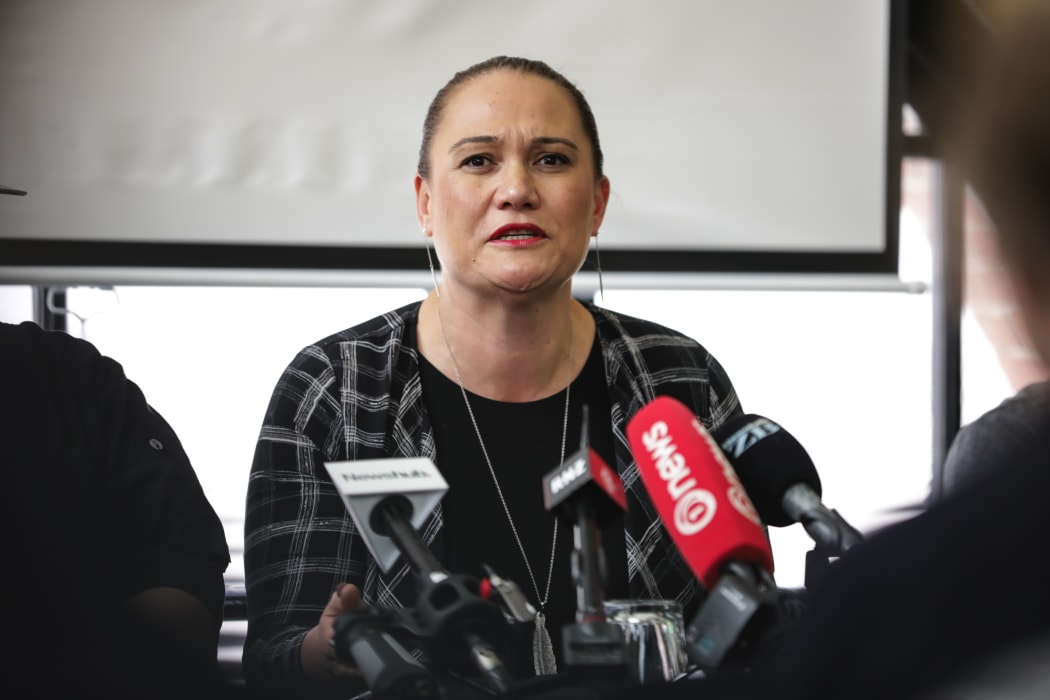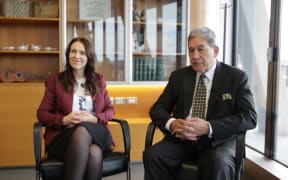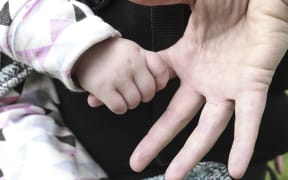The government needs to be accountable to iwi while it overhauls the welfare system, a whānau ora commissioning agency says.

Social Development Minister Carmel Sepuloni announced just three changes to the welfare system following the release of the Welfare Expert Advisory Group report. Photo: RNZ / Richard Tindiller
A 200-page report by the Welfare Expert Advisory Group was released on Friday and it contains 42 recommendations for systemic changes to social security.
The government will take a phased approach to overhauling the welfare system.
Social Development Minister Carmel Sepuloni announced just three changes, two of which will come into effect on 1 April next year: Beneficiaries who work will be able to earn more before their pay is docked, and the sanction against solo mothers who do not name the father of their children will finally be scrapped.
Recommendations aimed at lifting Māori outcomes include amending the Social Security Act so the chief executive of the Ministry of Social Development is accountable to Māori for achieving equitable wellbeing outcomes for Māori from the welfare system.
It also recommends the government supports the ministry to continue to shift towards whakamana tāngata.
That is, to build the mana of others and uplift them in a way that honours their dignity and to work with Māori to consider other effective ways of delivering welfare services and funding that are informed by te ao Māori, including longer-term, whānau-centred, strengths-based initiatives.
South Island whānau ora commissioning agency, Te Pūtahitanga, welcomed the recommendations.
Its kaiwhakahaere (director), Helen Leahy, said the government needed to be liable to the Treaty and iwi to make significant change.
"Being accountable to iwi and to Māori is a really important way of being able to ensure all New Zealanders achieve the dignity, the humanity, the purpose and the pride that we would want to see in a system that responds to their needs."
She said the minister had not yet responded specifically to that recommendation.
But she hoped that the minister would see it in the same light as section 7aa in the Oranga Tamariki Act, which had set a precedent for chief executives to be accountable to the Treaty.
One of the immediate changes will invest $76.3 million over four years for up to 263 new frontline staff to help more people into work.
But Ms Leahy said she hoped the minister recognised that the same workforce being increased wasn't the change the advisory group wanted.
"The experience so many whānau talk about when walking into WINZ is a humiliating and hostile environment where they feel blamed for simply asking for support. You can't have that type of atmosphere and then say we will have more of the same with this increase of the frontline."






